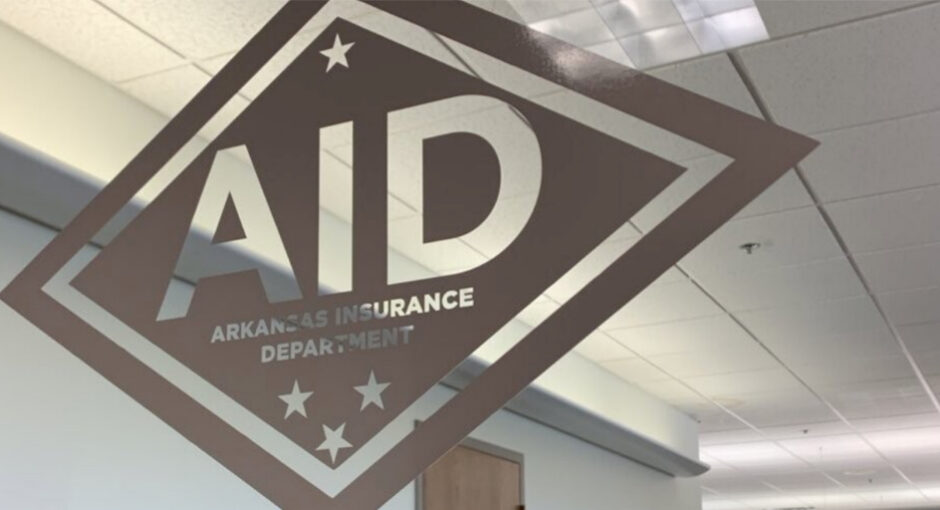Arkansas’s first-of-its-kind law requiring drug makers to honor 340B pricing when covered entities use contract pharmacies to dispense 340B drugs is not preempted by the federal 340B statute since the state law applies only to the acquisition and delivery of 340B drugs, not to pricing, said Arkansas state officials in a responsive brief filed in Arkansas district court earlier this month.
The Sept. 8 filing responded to a lawsuit filed by drug industry trade group Pharmaceutical Research and Manufacturers of America, challenging an Arkansas law passed in May 2021 that explicitly prohibits drug manufacturers from denying 340B pricing or restricting access to drugs when covered entities contract with pharmacies to dispense 340B drugs to patients.
In its suit first filed in September 2021, PhRMA argued that the 340B statute and the federal Food, Drug and Cosmetic Act (FDCA) have exclusive jurisdiction over all aspects of the 340B program, and as such, preempt the state law, Arkansas Act 1103. They asked the court to strike down the state law as illegal and unconstitutional.
On Aug. 12, U.S. Senior District Judge Billy Roy Wilson granted a joint motion by all parties to the suit, including state officials and 340B covered entities that intervened in the case, to focus the case first on the preemption issue ahead of PhRMA’s constitutional claim, in an effort to speed up a decision on the merits.
In last week’s filing, Arkansas Insurance Commissioner Alan McClain and Arkansas Attorney General Leslie Rutledge argued that the Arkansas law does not conflict with federal law because it places restrictions only on the acquisition and delivery of the drugs, not their pricing, and does not wade into issues under the exclusive purview of the Health Services and Resources Administration (HRSA).
In their brief, Arkansas officials asked the court to interpret the state law very narrowly, arguing, “Act 1103 is simply prohibiting or limiting the manner at the state level in which outpatient drugs in the 340B program are distributed, delivered or acquired with respect to covered entity contracts with third party, outside pharmacies.”
The state law doesn’t overlap with such aspects of the 340B program as 340B pricing calculations, methodologies, covered entity definitions, or duplicate discount restrictions, they said.
Further, the 340B program does not expressly preempt the state law, with the federal laws containing no provisions exempting states from regulating state contracts between covered entities and pharmacies, pertaining to the 340B program, they argued.
In fact, the federal laws, “are entirely silent and simply do not address covered entity contracts with outside pharmacies,” the state officials’ response said.
In their Sept. 9 brief, 340B covered entities that have intervened in the case echoed the Arkansas officials’ arguments, stating, “Act 1103 is squarely within the authority of Arkansas to regulate drug distribution [while] the federal 340B program, in contrast, is a pricing program and does not regulate distribution.”
“When enacting the 340B statute, Congress considered and rejected limitations on drug distribution, and Congress has been aware of 340B contract pharmacy arrangements for decades and has never addressed these distribution schemes in subsequent amendments to the statute,” the brief said. “HHS, several federal courts, and PhRMA’s own members have acknowledged that the 340B statute does not regulate drug distribution.”
It also countered PhRMA’s position that the Arkansas law effectively makes contract pharmacies participants in the 340B program, noting that the pharmacies “do not take title to 340B drugs. Ownership remains with the covered entity.”
Further, the Arkansas law creates no conflict with enforcement provisions under the 340B program, including the administrative dispute resolution process, and rules governing civil monetary penalties, because, using the same logic, those rules are focused on pricing, not distribution, the state officials said.
In its challenge to the state law, PhRMA contended that the Arkansas law does conflict with the the Administrative Dispute Resolution (ADR) and Civil Monetary Penalty (CMP) provisions, and that it expands the potential liability and consequences of participating in the 340B program to such a degree that manufacturers may be dissuaded from taking part in the program.
The group also argued that the Arkansas law runs afoul of the Federal Food, Drug, and Cosmetic Act by mandating how federally regulated drugs may be distributed in Arkansas, with manufacturers potentially required under the law to ship 340B drugs with Risk Evaluation and Mitigation Strategies to contract pharmacies whether or not those pharmacies are permitted to receive shipments of the drugs under federal law. The group argued drug makers will be forced to choose between violating federal or Arkansas law and federal or state penalties.
However, the Arkansas officials countered, “A pharmacy would not be permitted to contract with a covered entity to receive drugs that the pharmacy is not authorized to receive. Act 1103 does not require otherwise.”
So far, Arkansas has been the only state to pass a law that explicitly prohibits manufacturers from denying 340B pricing or blocking access to drugs when entities contract with outside pharmacies, with several state legislatures having tried unsuccessfully to pass comparable laws.


